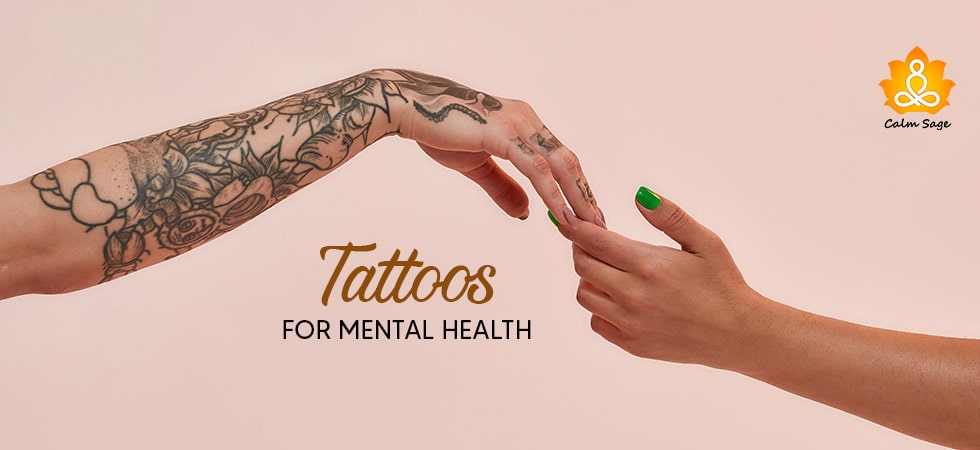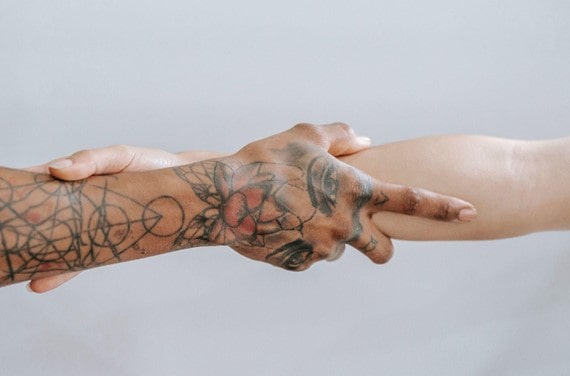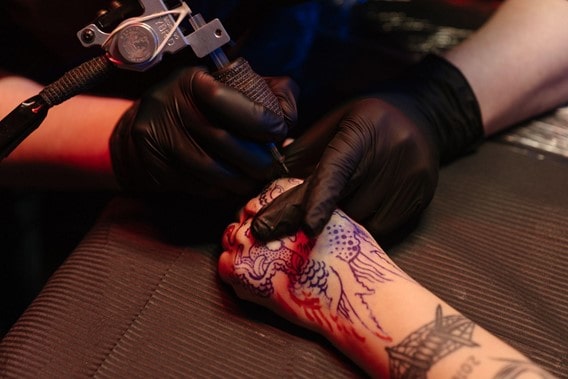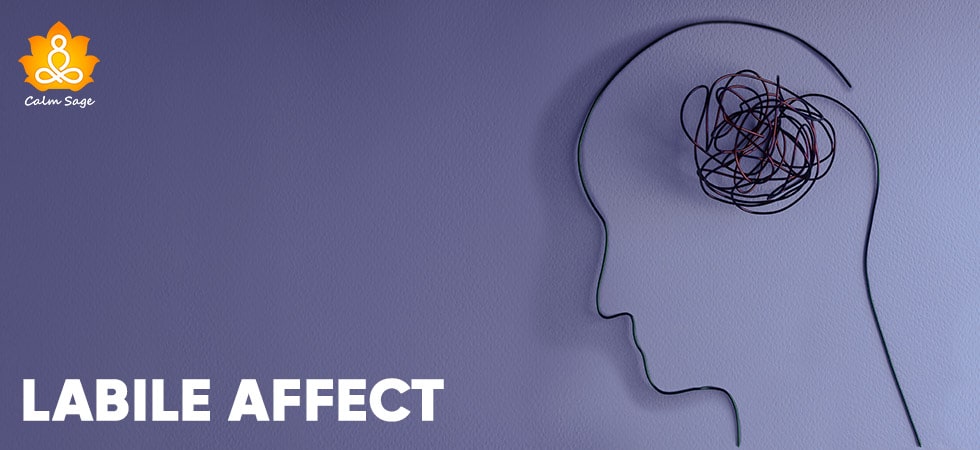Getting Inked: The Therapeutic Benefits of Getting Tattoos For Mental Health

In the day and age where conversations about mental health take an overly serious tone comes a beacon of light-hearted – dare I say – fashion, a newly minted form of therapy – one that doesn’t involve a couch and clipboard-holding doctor; tattoo therapy or ink therapy.
Imagine yourself going from “I want to talk about my feelings” to “I want my feelings inked on my skin”. Are you intrigued yet?
I was researching tattoo ideas for myself when I came across this very interesting thesis where they talked about how tattoos have been a form of healing since ancient times. Now, imagine my surprise after reading this and hearing all my life that getting inked is more or less a taboo in our culture!
Tattoos have been long since considered more than just body art. They have been valued – and justifiably so – as a healthy form of self-expression, a way to commemorate a special moment, and even a coping mechanism for people living with mental health issues and trauma.
Getting inked isn’t something small. When you decide to get yourself inked with a tattoo, that’s something you keep on your skin for the rest of your life. Tattoos, for many, should hold a special meaning, and so should the idea of tattoo art for a healthy appreciation of design without any strong meaning.
Art, in itself, can be therapeutic whether it’s inked on your skin with a special meaning or just there for your admiration of the artist itself. Anyway, I digress. What I wanted to discuss today are the therapeutic benefits of getting a tattoo for your mental health.
So, keep reading to know how tattoos can help heal from trauma and mental health issues, and can also be, at the same time, a great way of self-expression and a coping mechanism for many.
How Tattoos Can Help Heal From Mental Health Issues

Getting yourself inked with a tattoo isn’t just about that; it can be a therapeutic experience. Studies have shown that the process of getting a tattoo releases endorphins, the body’s natural painkillers, reducing stress and anxiety. But that’s not all. Tattoos, for many people, can be a cathartic experience that helps them release the feelings they can’t express. It’s like having your feelings and emotions on your skin, allowing you to express yourself in a much more creative way.
If I talk about confidence, then tattoos can help you become more confident in your skin. How? Well, people with body image issues might feel too self-conscious about their appearance, so getting a tattoo can help them feel more confident and in control of their bodies. They can choose a tattoo design that holds meaning to them and makes them feel more comfortable in the way they think about themselves.
Tattoos serve as a canvas for self-expression. They allow you to display your interests, beliefs, culture, and even experiences on your body. This act of healthy self-expression can boost your self-esteem, improve your sense of self-identity, and even foster a sense of belonging.
For those who’ve lost their loved ones, tattoos can be seen as a way of commemorating, honoring, remembering, or mourning. Getting inked with something that held meaning to them and their lost loved ones can make them feel closer to the one they mourn. It can be an act of comfort and a way to cope with grief and loss.
Tattoos For Trauma: Can Tattoos Help Heal Trauma?

The big question remains; can tattoos help heal trauma? In a research study published in the Journal of Traumatic Stress, it was suggested that tattoos can indeed be a form of healing in trauma survivors. You may get inked to symbolize your recovery or reclaim your body. This act of getting tattooed can be a constant reminder that you’re resilient and strong, even in the face of adversity.
A study from Tel Aviv University suggested that tattoos can help survivors cope with trauma. According to the data collected, trauma survivors felt that the trauma left invisible wounds and felt the need to prove that they did exist at one point in their lives.
Having a tattoo that commemorated a shared traumatic experience helped trauma survivors make deeper connections and give meaning to the interactions they had with others. This was especially true in the case where the relatives of Holocaust survivors were concerned. They shared that having a tattoo about the event made them feel connected with people in their lives.
Other participants of the study shared that getting inked after a mass traumatic event brought a symbolic meaning to their ink. For instance, survivors of Hurricane Katrina, September 11 (9/11), and more.
If I talk about more recent examples of tattoos having healing properties, there’s the aftermath of the COVID-19 pandemic. The 2020 pandemic, which can be considered “mass trauma”, brought a new wave of tattoo craze in its aftermath. There has been evidence that more people flocked to get tattoos after the pandemic restrictions eased than before the pandemic.
A 2018 study found that victims of sexual assault sought tattoos as a form of healing. It was found that people did that as a means of regaining control or reclaiming their bodies and what happened around them. While tattoos cannot replace traditional trauma therapy, they are no less impactful than therapy either.
The History of Tattoos for Healing

In Western culture, tattoos have been seen as a form of taboo, but in many non-Western cultures, tattoos have been a symbol of healing and even spirituality – take Native Americans, Chinese Buddhists, and even native Māori for examples. Indigenous cultures around the world have used tattoos in their rituals and ceremonies.
For instance, the Māori people of New Zealand have a tradition of Ta Moko, a traditional representation of deep cultural and spiritual significance through facial tattoos.
In Indian culture, tattoos have a long-standing history. They have been used as a means of protection, devotion, and healing. These tattoos are associated with Hinduism and even Buddhism to express faith, promote spiritual health, and seek protection from negative energies.
In Native American culture, tattoos have been used similarly. Often these tattoos are intertwined with one’s beliefs and tribes, but have always been used to symbolize one’s experiences, achievements, and spiritual connection.
If I talk about Chinese culture, then tattoos have a rich history in China that can be traced back thousands of years. The Chinese used tattoos for therapeutic purposes, believing that they had medicinal properties.
In Samoa, there are the traditional “Pe’a” tattoos that serve as a rite of passage whereas in Thailand, “Sak Yant” tattoos are commonly believed to have healing properties and are performed by Buddhist monks. Even many African cultures use the art of tattooing as a part of their rituals and healing practices.
No matter what culture we talk about, tattoos reflect a deep connection between mind, body, and soul. Tattoos are not just body art; they are powerful tools used for healing, protection, and connection, rooted in cultures and beliefs.
Can Tattoos Have Negative Implications?
Just like every yang has a yin, there are negative implications for getting inked as well. While we’ve read about the positive and therapeutic effects of getting a tattoo, it’s important to understand that tattoos might not be for everyone. For some people, tattoo regret can cause negative feelings and consequences.
In many cases, people might use the art of getting inked as a twisted form of self-harm or self-torture, so it’s important to acknowledge that getting a tattoo is not always a form of healthy self-expression. Some people may get inked as a way to cope with emotional trauma, stress, and overwhelming emotions.
The physical pain of getting a tattoo might serve as a distraction from the pain they are experiencing. Some people might get a tattoo as a way to seek external validation and attention. They might view the tattoo as a cry for help or a way to gain empathy from others.
Then, in some cases, people might even get addicted to getting inked which can be another Pandora’s Box. For example, getting tattoos without self-control can put a financial strain on your pocket, can increase the risk of infection and allergies, can have potential consequences on your social life and work life, can cause self-esteem issues, and can even make you face impulse control issues.
While getting tattoos can help heal mental health issues and trauma, it can also become a source of unwanted pain and emotional distress. So, be careful and mindful before you get a tattoo. Here are some tips for you;
Tips to Safely Get a Tattoo…
- Make sure you research and choose a reputable tattoo artist who is careful of your traumatic experiences and mental health.
- Ensure that the design you choose holds a meaning or personal significance. You don’t want to regret your choice of tattoo, so be careful in choosing the design. Talk with your therapist too about the tattoo you want to get. They might have some ideas that can help you feel confident about yourself.
- Take your time and don’t rush into getting a tattoo. Having ink permanently on your skin is a big decision and shouldn’t be taken lightly. It is advised that you talk to your therapist and your tattoo artist at length before you decide to get inked.
If you’ve thought about or have decided to get a tattoo for mental health and therapeutic purposes, then here are some safety or precautionary tips to keep in mind;
Wrapping Up…
Tattoos are more than just beautiful body art; they are a powerful tool that can aid your healing and can serve as a well-intentioned tool for people struggling with mental health issues and trauma. While tattoos might not always be a good and healthy coping mechanism for everyone, their ability to boost self-esteem, offer a medium for self-expression, and a therapeutic coping mechanism makes them a considerable choice.
Keep in mind that the tattoo you choose to ink on your skin for the rest of your life should hold a special place in your heart and should resonate with what you want to express. Keep your mental and emotional well-being in mind when you decide to get a tattoo.
I hope this article helped you understand the importance and psychology behind tattoos – cultural, mental, and emotional. Let me know what you think about getting a tattoo for mental health in the comments below.
Do share tattoo ideas for mental health with us too!
Take Care and Be Safe!




















